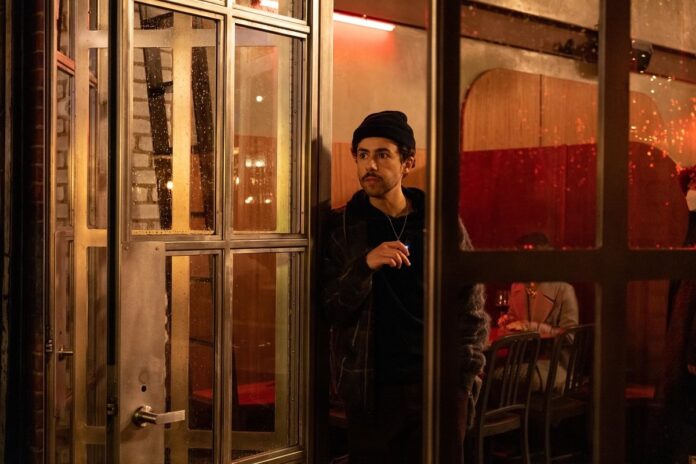DUBAI: Praise for “Ramy” — the story of a first-generation millennial American Muslim trying to reconcile his Egyptian heritage, his religion, and the Western culture in which he was raised — is nothing new. As the comedy-drama, created by its lead, Ramy Youssef, launches its third season, it has established itself as both a prime example of a particular type of show featuring a slightly lost, slightly overwhelmed lead character striving, but usually failing, to be better (“Better Things” and “Atlanta,” for example), and of a rare portrayal of Muslims in Western media, in which two Arabs can talk together for minutes-long scenes that have no connection to bombings or extremism. But in its third season, now showing on OSN+, “Ramy” reaches new heights.
Season two saw Ramy seeking clarity and guidance from a new mentor, Sheikh Ali. It seemed like Ramy was ready to grow up and take on some genuine responsibility, at least until he slept with his first cousin the night before his wedding to Zainab. That was just the latest step in the show’s apparent effort to make the initially likeable Ramy impossible to like. His selfishness, and the damage it does, is a constant presence.
Season three starts one year on from the wedding, with Zainab having filed for divorce immediately and Ramy struggling to pay off his six-figure debt to her for breaking their marriage contract. If season two’s focus was faith, then season three’s it seems, is love — in all its facets. Love between parents and children (and the ‘duty’ that is involved, or not, in that); love between friends; love between long-married couples whose lives haven’t turned out as they hoped; physical love; self-love, and more. All of which are tackled with fearlessness and honesty. And laughs (though rarely jokes).
But the show also zooms out from Ramy and his family’s daily to tackle wider issues including Palestine. Ramy’s family are furious when he starts dealing with Israelis to help boost his jewelry business, resulting in more intelligent and nuanced arguments than many of those on news networks.
The ensemble cast — particularly Amr Waked, Hiam Abbas and May Calamawy as Ramy’s father, mother, and sister — are excellent, playing for realism, not laughs. The chemistry between them is instantly believable and gives “Ramy” an emotional anchor that allows it to take the audience into uncomfortable, unfamiliar territory. At times, it’s not clear that “Ramy” is even a comedy anymore. But for a show that dispels so many stereotypes, that makes perfect sense. Don’t try and label this. Just watch it.


